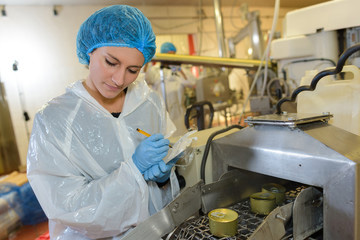

One decade ago the Food Safety Modernization Act was signed into law. FDA Deputy Commissioner for Food Policy and Response Frank Yiannas reflects on the past, present and future of the legislation.

One decade ago the Food Safety Modernization Act was signed into law. FDA Deputy Commissioner for Food Policy and Response Frank Yiannas reflects on the past, present and future of the legislation.

COVID-19 has highlighted the complexity of meeting rapidly changing consumer needs with siloed data sources across the food supply chain. A new and overdue approach, called programmatic commerce, is built upon fully connected systems and will enable food manufacturers, distributors and retailers to pivot even beyond the pandemic. Starting with the consumer buying experience across digital and in-store channels, retailers are gathering and sharing valuable data and insights in order to serve up the right products in the right places where they are needed most, meeting customer expectations and reducing waste across the entire supply chain.

Investing in a culture of food safety is key.

When selecting a technology that is best fit-for-purpose, it is critical to understand the key differences in principle of detection and how they can impact both operations and risk.

The pace of change in food manufacturing and processing is picking up—both from a regulatory standpoint and a technological perspective. Those changes are driving digital transformation in the industry.

Companies seem to be at varying levels of readiness, and now is the time to plan.

From processing to sanitation to testing to educating employees, allergen control is a holistic process that will help prevent recalls, protect consumers and safeguard your brand.

These types of audits can have a positive impact on your company, by improving food safety culture and helping prepare facilities for FDA inspections.

The American National Standards Institute gave authority to Perry Johnson Registrars Food Safety, Inc.

We’re halfway through the FSMA IQ test. Don’t miss your chance to test your knowledge related to the regulation.